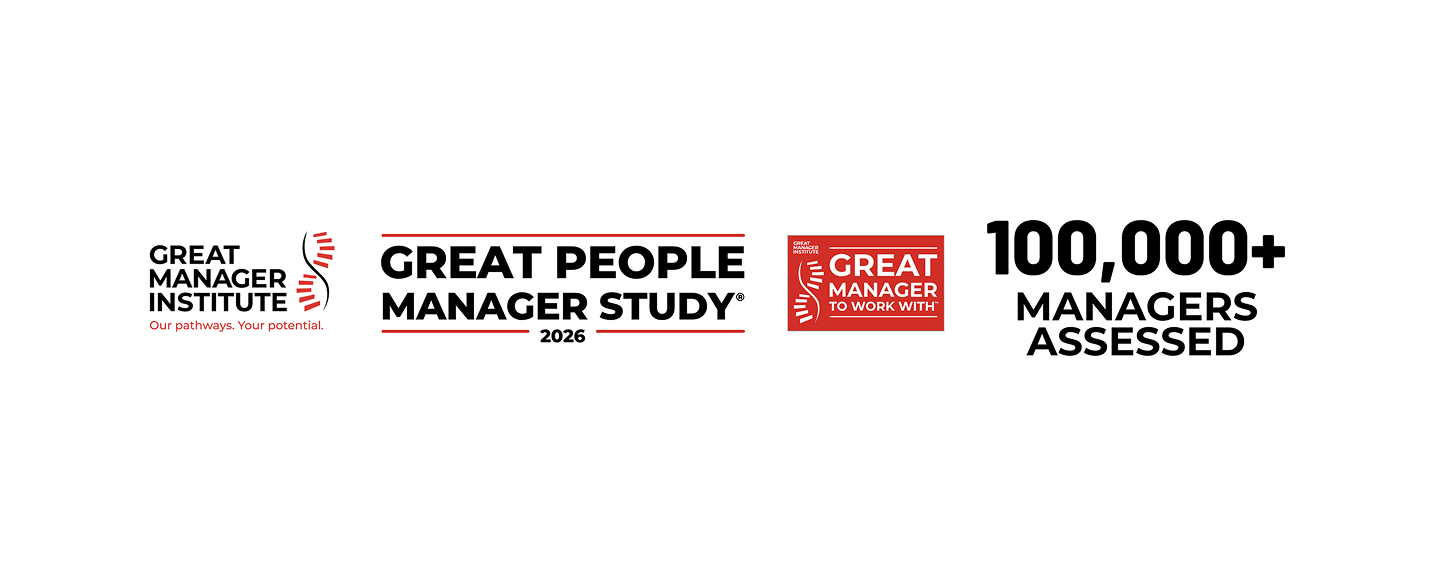A CEOs priorities, play a vital role in driving organisational success. As the highest-ranking executive in a company, the CEO sets the strategic direction and vision for the organisation, guiding its activities and shaping its culture. They have the ability to create a clear roadmap for the entire company by carefully defining and prioritising key objectives. In doing so, resources and efforts are aligned which makes the coordinated achievement of said goals much more probable. This clarity of purpose ensures that every department and employee understands the company’s overarching priorities and values. These priorities also serve as a powerful communication tool, both internally and externally, enabling stakeholders to understand the company’s strategic focus and long-term objectives. Ultimately, the CEO’s priorities provide the necessary guidance and momentum for the organisation to thrive and achieve sustained success. A bootstrapped startup’s CEO would have very different priorities and goals from that of a Fortune 500 CEO. However, there are always some underlying goals and priorities they both need to have.
Strategy and Vision
CEOs must understand and prioritise the importance of setting long-term goals. This is so that they are aligned and are scalable with the evolving market dynamics and customer needs. A CEOs priorities must include identifying growth opportunities and exploring innovative approaches to stay ahead of the competition. A well-defined strategy enables CEOs to guide their teams towards achieving desired outcomes and effectively navigate through challenges. Additionally, a compelling vision provides a sense of purpose and direction, motivating employees and stakeholders to actively contribute to the organisation’s success. By focusing on strategy and vision, CEOs lay a strong foundation for sustainable growth and create a roadmap to navigate the complexities of the business landscape.
Talent Management and Development
In this competitive business environment, a CEO should recognise that their organisation’s success heavily relies on attracting, developing, and retaining top talent. After all, an organisation is only as good as the people that run it. Talent management and development should appear at the top of a CEO’s priorities. Doing so builds high-performing teams that can drive innovation, and achieve goals. They should prioritise creating a workplace culture that fosters employee engagement, collaboration, and continuous learning. CEOs should always aim to invest in talent acquisition strategies that attract the right individuals with the skills and expertise necessary for their organisation’s growth. This development of their employees can be done through various means like training programs, mentoring, and career progression opportunities. Additionally, CEOs should understand the importance of diversity and inclusion in cultivating a dynamic and creative workforce. By prioritising talent management, CEOs can ensure that their organisations have the human capital needed to adapt to market changes, drive innovation, and maintain a competitive edge.
Leveraging Technology
Regardless of the sector or industry they work in, CEOs acknowledge that technology is a key differentiator for successful businesses. Technology should be seen as a way to achieve growth, not cut expenses. Embracing and utilising tech is important as it can enhance productivity across a range of responsibilities by automating repetitive operations and streamlining company procedures. Technology also gives CEOs access to useful data and analytics which enables strategic planning and well-informed decision-making thereby making their job easier. CEOs should also place a high priority on utilising technology on the front end in order to improve client experiences, whether through individualised marketing, easy online communication, or effective service delivery. They also have the chance to capitalise on new trends and challenge established company models, helping them to stay ahead of the curve.
Stakeholder Management
A CEO’s priorities must include effective stakeholder management as they understand the importance of building and maintaining strong relationships with various stakeholders. This can mean different things for CEOs of different size companies. For larger ones, their focus would be more on investors and board members while smaller ones would focus on their customers. CEOs should always be engaging with investors, customers, employees, and communities to create a positive and sustainable impact. They can do this by emphasising open and transparent communication to foster trust and understanding. Existing successful CEOs recognize that by actively listening to the needs and concerns of stakeholders, they can better align their business strategies and actions. They also prioritise addressing the interests of different stakeholder groups, balancing short-term objectives with long-term value creation. Through strategic stakeholder management, CEOs can enhance brand reputation, build customer loyalty, attract and retain top talent, and secure support for organisational initiatives thereby creating a collaborative environment that enables mutual growth and success.
Risk Management
Mitigating and assessing risks should be a priority for CEOs as they navigate the complexities of the business landscape. Many leaders move too late or underestimate the threat to their company when a new player emerges because they feel a false sense of security as an established player (eg. Kodak vs New Digital Cameras). They should prioritise implementing robust risk management frameworks and processes to safeguard the financial, operational, and reputational aspects of their businesses. CEOs focus on proactively identifying potential risks, evaluating their potential impact, and developing strategies to mitigate or minimise them. They should allocate resources to ensure adequate risk controls, implement strong cybersecurity measures, and maintain business continuity plans. By prioritising risk management, CEOs can enhance their organisation’s resilience, protect stakeholder interests, and maintain a relatively stable business environment amidst uncertainties and disruptions.
Sustainable Practices
With growing environmental and social concerns, a CEO’s priorities must include sustainable practices in their organisations. They need to understand the importance of incorporating environmental, social, and governance (ESG) considerations into their business strategies. This study done by the UN indicates that geopolitical instability is currently hampering CEOs’ sustainability efforts. CEOs have to prioritise adopting responsible business practices that minimise their negative environmental impact, promote resource efficiency, and support the transition to a low-carbon economy. Another sustainability side is in terms of Human Resource practices. They should focus on promoting diversity and inclusion, ensuring fair labour practices, and contributing positively to the communities in which they operate. By doing so, they also emphasise ethical leadership, transparency, and accountability in their decision-making processes. By prioritising sustainable practices, CEOs not only fulfil their corporate social responsibility but also create long-term value for their organisation, enhancing brand.
In conclusion, the CEO’s priorities play a critical role in driving organisational success. By setting a clear strategy and vision, CEOs provide a roadmap for the entire company, aligning resources and efforts toward key objectives. Talent management and development are crucial priorities for CEOs, as they recognize that attracting and retaining top talent is essential for innovation and goal achievement. Leveraging technology is another priority, enabling CEOs to enhance productivity, access valuable data, and stay ahead of industry trends. Effective stakeholder management fosters positive relationships with investors, customers, employees, and communities, creating a collaborative environment for mutual growth. CEOs should also prioritise risk management, proactively identifying and mitigating potential risks to protect their businesses. Lastly, sustainable practices have become a priority, with CEOs integrating ESG considerations into their strategies, promoting responsible business practices, and contributing to a sustainable future. By prioritising these key areas, CEOs provide the necessary guidance and momentum for their organisations to thrive and achieve sustained success in a rapidly evolving business landscape.










